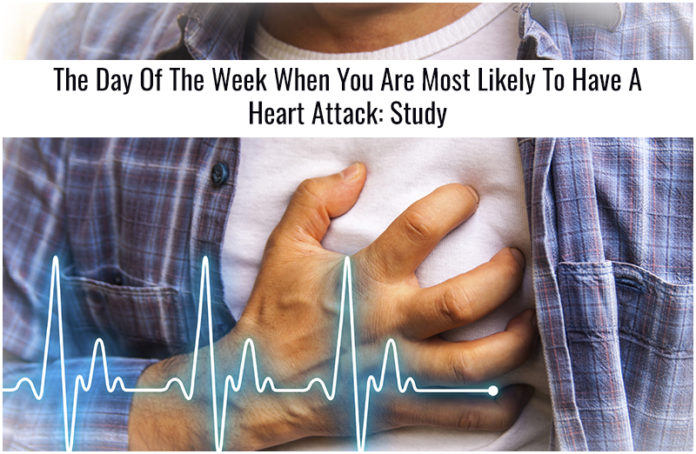A healthy heart resides in a healthy body can be adjudged as new adage considering our busy schedules and little physical activity. In the modern day life we are bound by so much work and commitments that we tend to neglect our health. if someone is susceptible to a heart attack how would we know it. There are some obvious signs of a heart attack such as history of cardiac issue, have high blood pressure, are diabetic or show any other physical discomfort like pain in chest or arm.
One Might Be Oblivion To The Fact That Calendar Can Give A Hint Of A Possible Heart Attack.
Even the season and the day of the week can indeed influence your chances of succumbing to a heart attack, as per a study conducting in Sweden.The researchers scrutinized data of around 1,56,000 hospitals for a period of more than seven years. Astonishingly things were discovered about the day and time when people are most likely of getting heart attacks.When researchers looked at the days of the week, intriguingly most heart attacks happened on Mondays and the least on Saturdays. In fact, the risk of getting a heart attack was 11 per cent higher on Monday than on any other day from Tuesday to Friday.
Young and working class people seemed to be the most vulnerable to heart attacks on Monday. Their risk of Heart Attack was 20 Per Cent higher on Monday.While taking a look at the month from the very data, December was found to be the riskiest month for heart attack, whereas July had the least numbers.The time when the risk of heart attacks was higher was the time when the stress level peaked. For instance, for some people, it can be heading to work on a Monday. Stress can initiate changes in your biological body system, which can leave you quite vulnerable to heart attacks.
When your stress levels soar, the action in the part of the brain called amygdala also spikes. This triggers the bone marrow to churn out more Immune Cells to Counter Stress.
But this increase in immune cells can also lead to inflammation that can eventually hurt your arteries and heart.

























